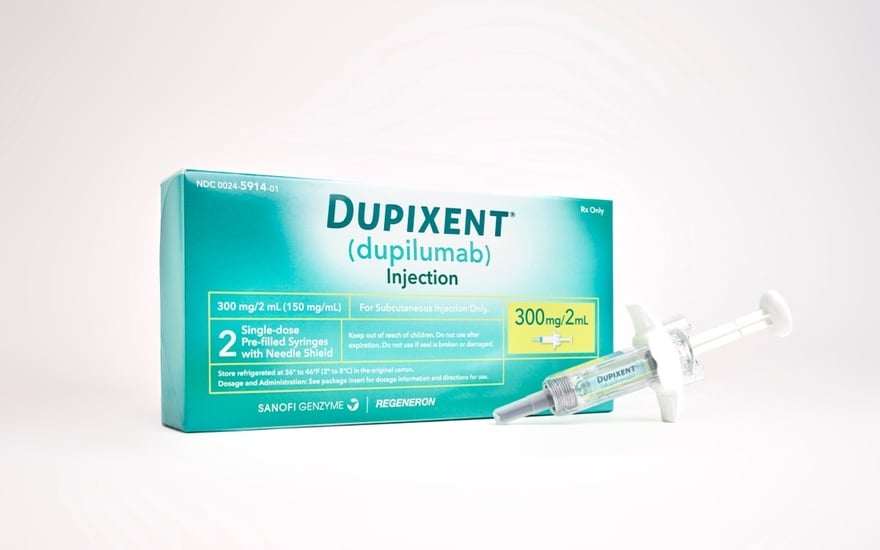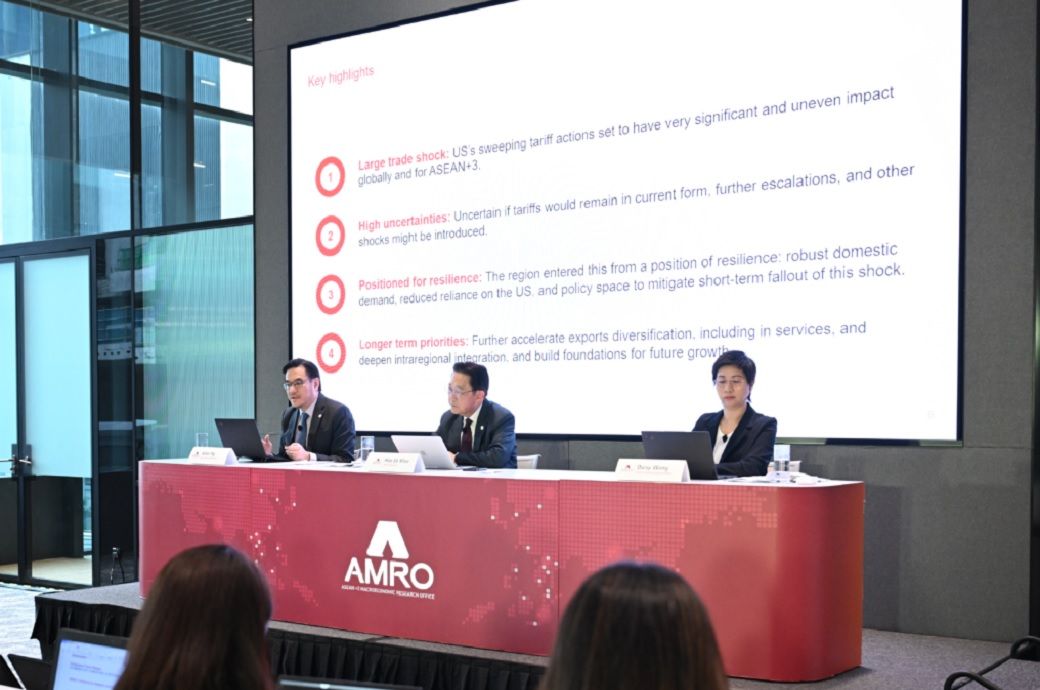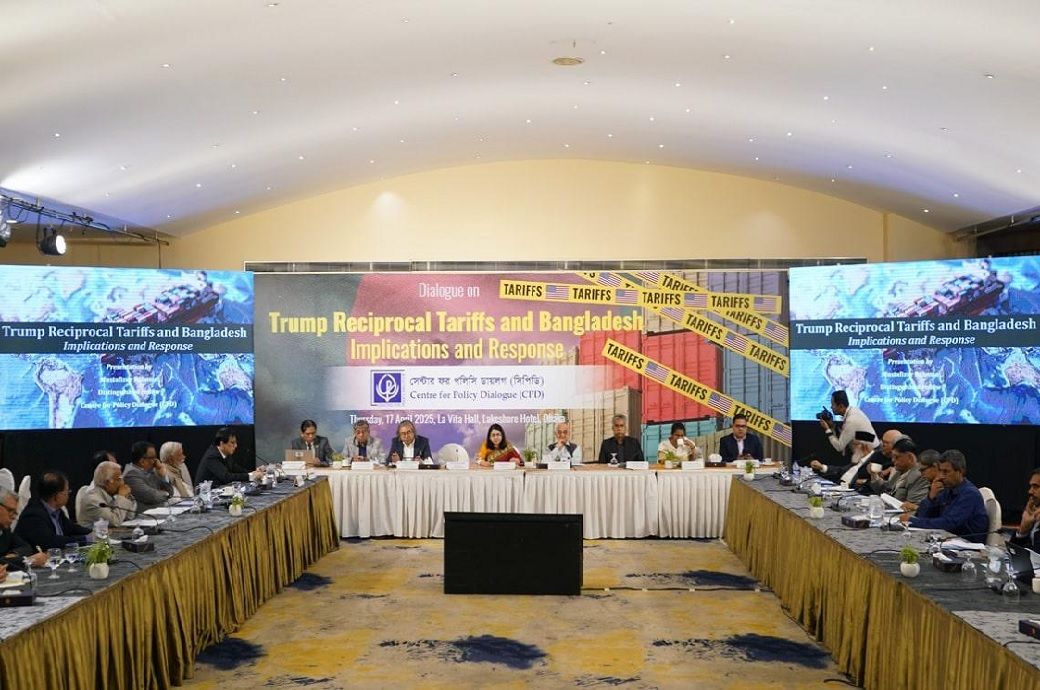Moderately Solvating Electrolyte with Fluorinated Cosolvents for Lean‐Electrolyte Li–S Batteries
Advanced Energy Materials, Volume 15, Issue 14, April 8, 2025.

The solvating power of an electrolyte can be adjusted by introducing the interactions between hydrogen in the main solvent and fluorine in fluorinated solvents. Excessive solvating power increases LiPS dissolution, whereas insufficient solvating power hinders LiPS formation. Therefore, moderately solvating electrolytes are optimal for achieving high energy densities in Li–S batteries.
Abstract
To surpass the energy density limit of current Li–S batteries, attaining a long lifespan under lean-electrolyte conditions is imperative. The persistent challenge involves suppressing electrolyte decomposition while facilitating sulfur electrode reaction. In this study, the solvating power of 1dimethoxy ethane is fine-tuned, the main solvent, using fluorinated ether cosolvents via H–F interactions. As the fluorination degree of the cosolvent increases, the coordination of anions around the Li-ion increases, and the solubilities of Li polysulfides decrease. By systematically varying the solvating power, moderately solvating electrolytes are prepared that can effectively suppress the dissolution of Li polysulfides without hindering the redox kinetics. The moderately solvating electrolytes induce uniform Li deposition and reduce electrolyte decomposition owing to the formation of anion-derived solid electrolyte interphase. An assembled pouch-type Li–S battery containing an electrolyte with an optimized solvation power delivers 405 Wh kg−1 at an E/S ratio of 2.0 µL mgs −1 with a lifespan of over 80 cycles. This study suggests a strategy to finely tune the Li+ solvation structure for achieving well-balanced performances of sulfur cathodes and Li-metal anodes under lean-electrolyte conditions.








































































































































































